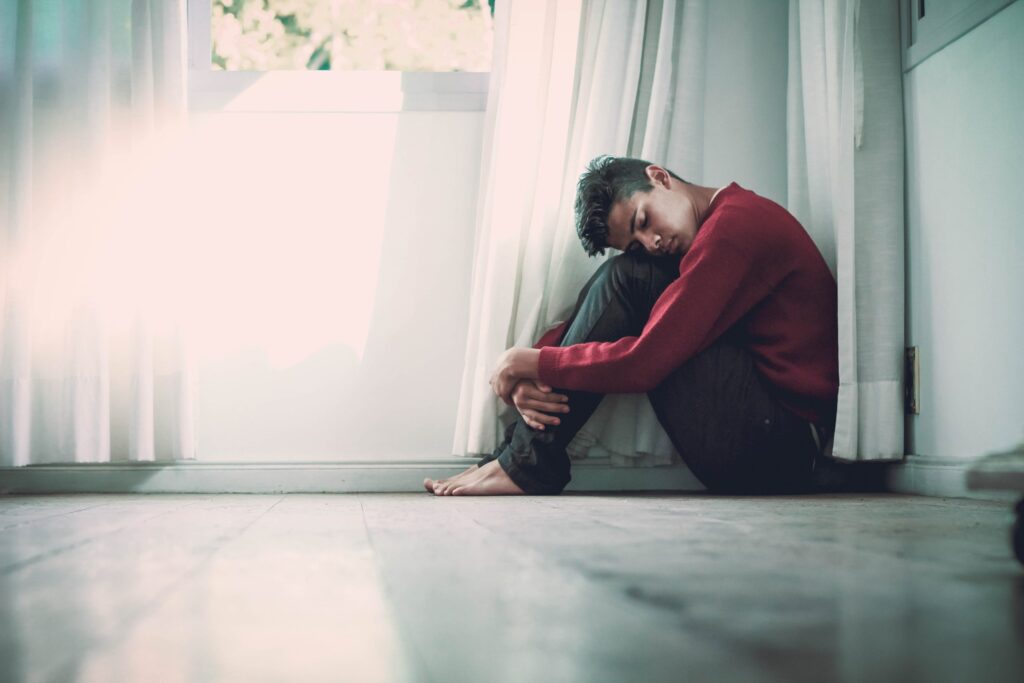The COVID-19 Pandemic has made social situations a lot more challenging for us all. For children who already suffer from social phobias, transitioning back to normal life can seem nearly impossible. If your child has been showing signs of having social anxiety, it might be time to double-tap on this issue and take a closer look. In this article, we will explore the top signs that may indicate your child has a social phobia.
Your Child Shows Signs of Avoidance
If your child is avoiding group situations, such as meetups with friends, going to school, or participating in extracurricular activities, this might be a sign of social phobia. Avoidance is typically accompanied by extreme distress when social situations are suggested or even required. School mornings can be tough, as the stress of getting through the day and interacting with friends, teachers, and peers can seem overwhelming. Talk to your child about how they are feeling and define if this is a short-term problem due to remote learning changes, or a bigger issue that should be discussed with your child’s doctor.
In Social Situations, They Experience Physical Pain
Social phobias can also appear in the form of physical pain. Your child might get the shakes, an upset stomach, teary eyes, sore throat, or intense headache in the days or hours leading up to a social situation. These feelings can be extremely uncomfortable for your child and very scary for you as a parent. Try to approach these feelings with a calm and helpful nature. Talk to your child’s pediatrician about anxiety management options and chat with your child about what might be causing these feelings. (1)
Others Have Noticed Your Child Withdrawing
It’s one thing when you notice a difference in your child’s behavior, but another when an external source brings odd tendencies to your attention. If your child’s teacher, coach, mentor, or friend’s parent comes to you with a concern, it is important to address it head-on. You know your child best, but since you see them every day, it can be hard to pick up on slight changes that only others will notice.(2)
Friendships Are Hard to Come by And Keep
Friendships are challenging for children at any age. They come and go as your child develops and defines what is important to them! Interests shift and crowds change with these ever-adapting preferences. However, if your child is having trouble making friends and shows little to no interest in building relationships, this is cause for concern. Your child should be excited about the possibility of trying a new activity and meeting new people. If you notice friends aren’t coming around as often or your child’s afternoons look freer, it might be time to address this issue with your child.
We hope this article helped you better understand the warning signs that your child might have a social phobia. If you have picked up on any of these tendencies, it might be time to contact Neurobehavioral Associates and gain some extra support. We’ve got your back!
Resources:
- Social Anxiety Disorder – The Mayo Clinic
- What Are the Signs and Symptoms of Social Anxiety? – Bridges to Recovery

